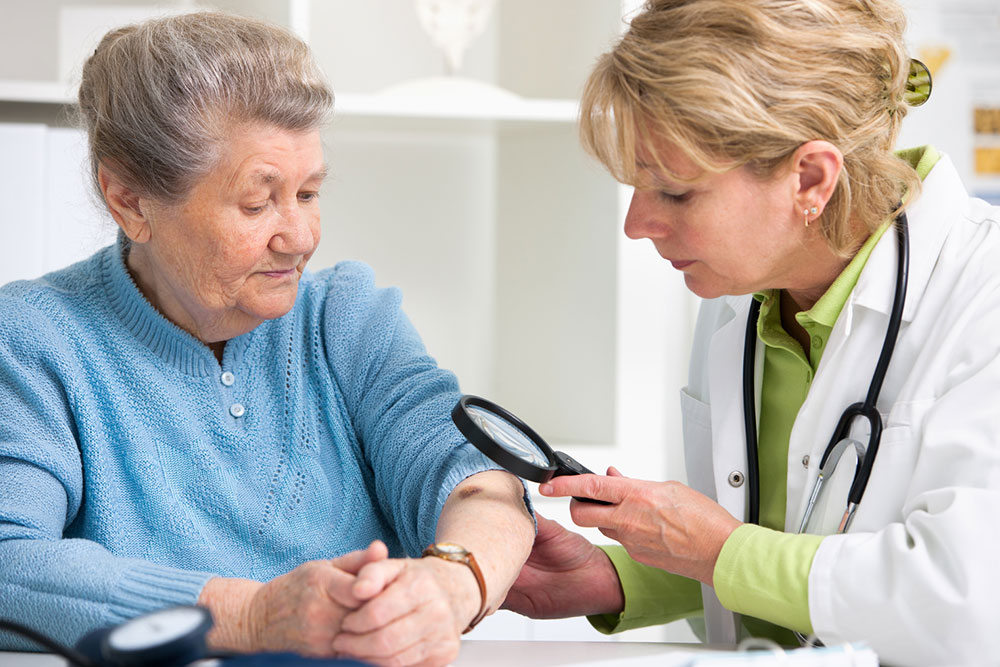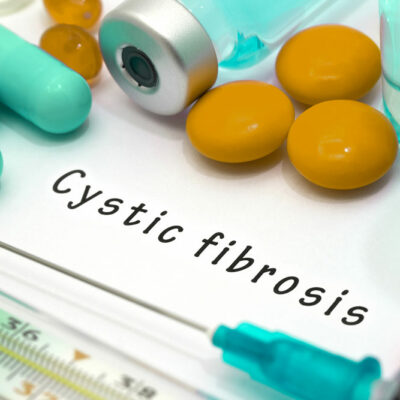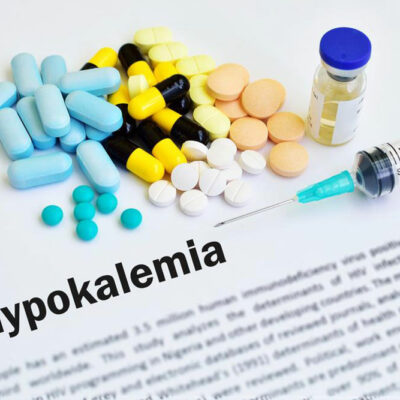
Risk factors of skin cancer and measures to prevent it
The type of cancers that arise from the skin are known as skin cancers. They are due to the generation and redevelopment of abnormal cells that have the ability to invade or spread to other parts of the body. Most skin cancers are cancerous growth of the skin which is locally destructive, and they originate from the cells of the epidermis, the superficial or outer layer of the skin. According to the statistics of the Skin Cancer Foundation, one in every three cancers diagnosed is skin cancer and one in every five people in the country will develop skin cancer in their lifetime.
Skin cancer is of three basic types:
- Basal cell carcinoma
- Squamous cell carcinoma
- Melanoma
Skin cancer develops primarily on open areas of sun-exposed skin, including the face, lips, scalp, ears, chest, neck, arms and hands, and on the legs. It can also form on parts that are unexposed to the sun including your palms and nails.
Risk factors
One of the reasons that may increase your risk of skin cancer comprises fair skin as fair skin has less pigment (melanin) which offers less protection from damaging UV radiation. Having had blistering sunburns as a child increases the risk of developing skin cancer as an adult. Sunburns in adulthood are a dangerous factor too. Excessive sun exposure can be a cause of skin cancer. Anyone who spends ample time in the sun may develop skin cancer, especially if the skin isn’t protected by sunscreen or clothing. A tan is your skin’s injury and harm response to excessive UV radiation by the sun. People who live in high-altitude climates, tropical sun, and warm climates are exposed to more sunlight than the people who live in colder climates. Individuals with many moles or abnormal moles, black spots, patches are at increased risk of skin cancer.
Measures to avoid skin cancer
- Avoid exposure of sunlight to your skin generally from 11 am to 4 pm.
- Use standard quality sunscreen lotions while going outside.
- Use attire (cap/hat/sun coat, etc.) which will cover you completely while going outside.
- Use lip balms.
- Monitor your skin regularly to check if any unwanted mole has arrived or for any other symptoms.
- Annual checkup of health from health care centers.
Following symptoms suggests that you need advice from medical practitioners:
- Skin injuries not healing with time.
- The extent of increasing skin patches, rashes, and moles.
- Itching and bleeding skin.
- Moles with pain.
One major misconception about skin cancer is that it is not as risky as that of other types of cancers. If you notice any of the symptoms of skin cancer never ignore them. Immediately visit a hospital and start the treatment.
Radiation therapies, chemotherapy, photodynamic therapy, biological therapy, cryotherapy, and freezing are some of the medical treatments used to recover from skin cancer. Skin cancer is diagnosed with monitoring skin and biopsy.
As prevention is always better than cure, go with preventive measures like body massage with almond oil, eating healthy food, milk, and turmeric, tomato, grapes, etc.


